Christmas & New Year In Untranslatable German Words Posted by Constanze on Dec 19, 2018 in Language
Guten Tag and, since it’s almost time, Frohe Weihnachten (Merry Christmas)! Weihnachten (Christmas) and Neujahr (New Year) is the time of the year when people experience a whole range of emotions, from excitement over receiving presents to annoyance about being in the company of certain family members, from feeling nostalgic and reflective about the year just gone – to feeling slightly worse for wear after the New Year’s Eve celebrations! Whether you love or hate this time of year, it’s hard to deny all of the feelings and atmosphere that come with it.
If you’ve been following this blog for a while, you’ll know the German language is full of weird and wonderful words that perfectly sum up concepts and feelings that are difficult to describe or don’t have a direct translation in English. We call this our Untranslatable German Words series. So, just for fun (and to re-cap some of these amazing words!), here’s how the festive period might look in untranslatable German words. Click on the words to learn more about them.
Christmas & New Year In Untranslatable German Words
First of all, you might partake in Wichteln with your work colleagues. Wichteln is the German version of Secret Santa. At the work Christmas party it’s likely you’ll experience a severe case of Fremdscham watching your boss dance for the first time. Fremdscham is that cringe-like feeling you get when you see someone make a fool of themselves. However, you might also experience Schadenfreude watching Colin from accounts get drunk and fall over on the dancefloor. Schadenfreude is that gleeful feeling you get when someone you don’t like experiences misfortune.
On Heiligabend (Christmas Eve) and Weihnachten (Christmas Day) you’ll hopefully be somewhere warm and cosy, surrounded by family and loved ones. You might be going back to your original/family home or Heimat, which will bring about all kinds of feelings, including nostalgia. Christmas is the time when family come together, which is a wonderful thing! Oma (grandma) might squeeze your cheeks and call you a Zuckerschnecke because in her mind, you’re still five years old. A Zuckerschnecke is a term of endearment that literally means ‘sugar snail’. One of your family members might end up being a Nervensäge, and this could lead to heated family arguments and tantrums. A Nervensäge is a ‘nerve saw’ – someone who gets on (cuts) your nerves.
At night, the fire might be on and you might have some Glühwein (mulled wine) in your hands while you sit and watch Christmas films on the sofa. That feeling of warmth, love and comfort is what can only be described as Gemütlichkeit, a German concept that translates to ‘cosiness’, but is so much more than that! Click on the word to find out more about it.
On Boxing Day, you might wake up and be a bit of a Morgenmuffel – a grump – after a late night and too many drinks. This is a great day to fulfil your duty as a Sesselpupser and sit in your armchair all day long. A Sesselpupser is a bit of a couch potato; the word itself literally translates to ‘armchair-farter’.
On Silvester (New Year’s Eve) you might be feeling reflective about the year just gone and making plans for the year ahead. This is where a feeling of Torschlusspanik might creep up on you. Literally ‘gate-closing-panic’, this is the feeling you get when you realise that the years are flying by and yet you still haven’t done everything you wanted to do! Time to make a Neujahrsvorsatz (New Year’s resolution) or two.
If you’re at a New Year’s Party, don’t be surprised to find both an Alkoholleiche (or five) and a Kuddelmuddel in the morning. An Alkoholleiche is a person who has passed out from too much alcohol – literally an ‘alcohol corpse’ – while a Kuddelmuddel describes the chaotic mess left after a party.
New Year’s Day represents a new beginning. Time to get out of the house and go for a walk – maybe into the woods to experience Waldeinsamkeit – the feeling of being alone in the forest. What a great way to clear your head after all of the madness of Christmas, and to gently welcome in the New Year!
Frohe Weihnachten und einen guten Rutsch ins neue Jahr. 🙂
Merry Christmas and a happy new year. 🙂

Build vocabulary, practice pronunciation, and more with Transparent Language Online. Available anytime, anywhere, on any device.



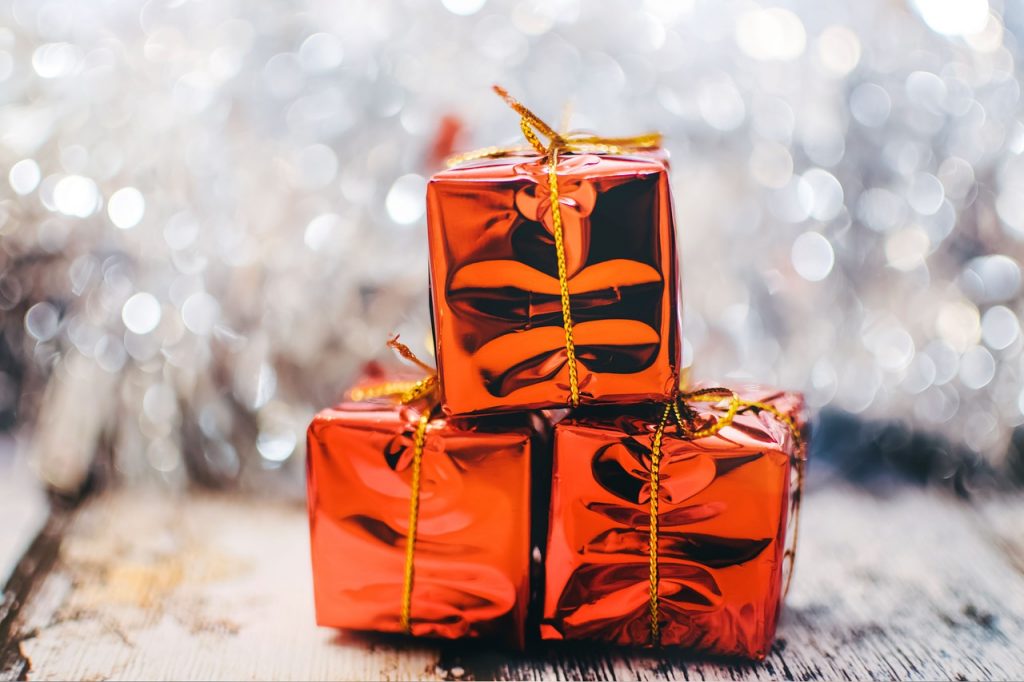
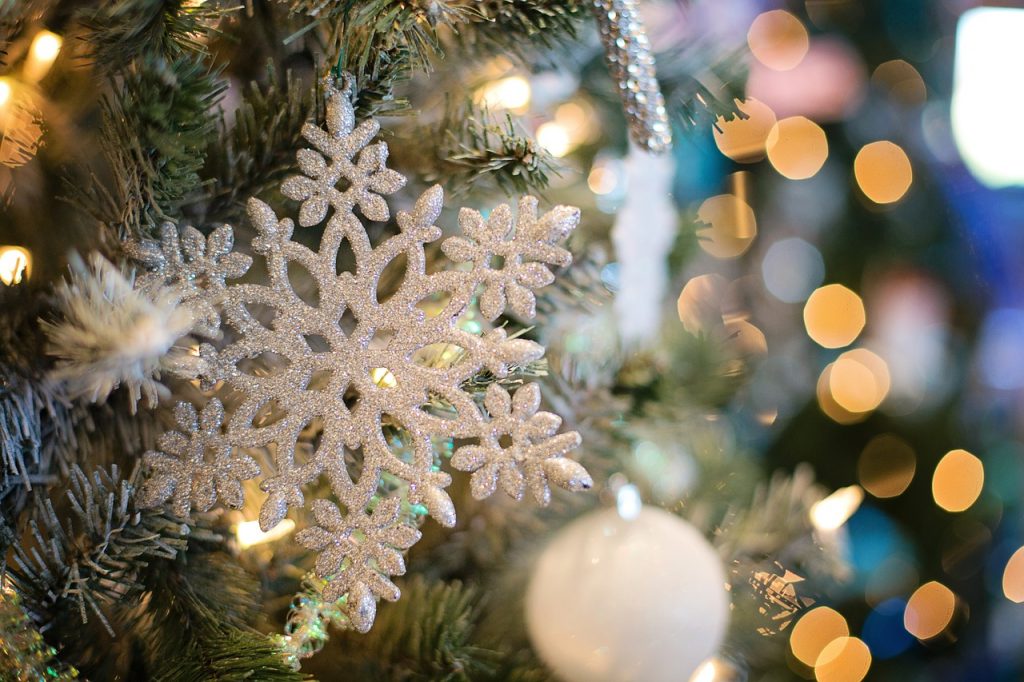
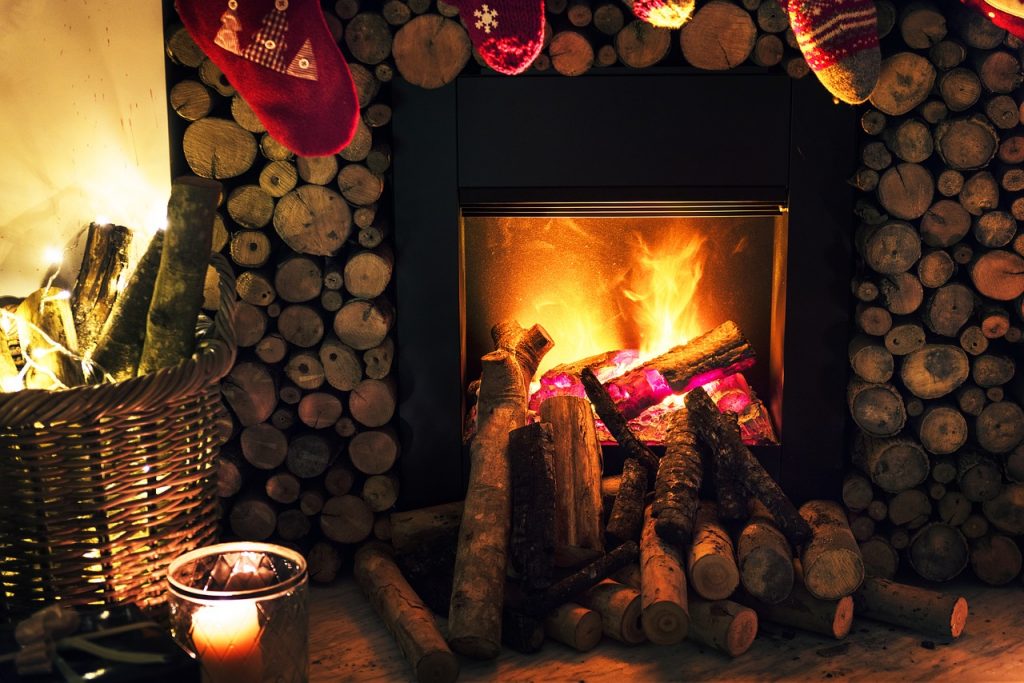
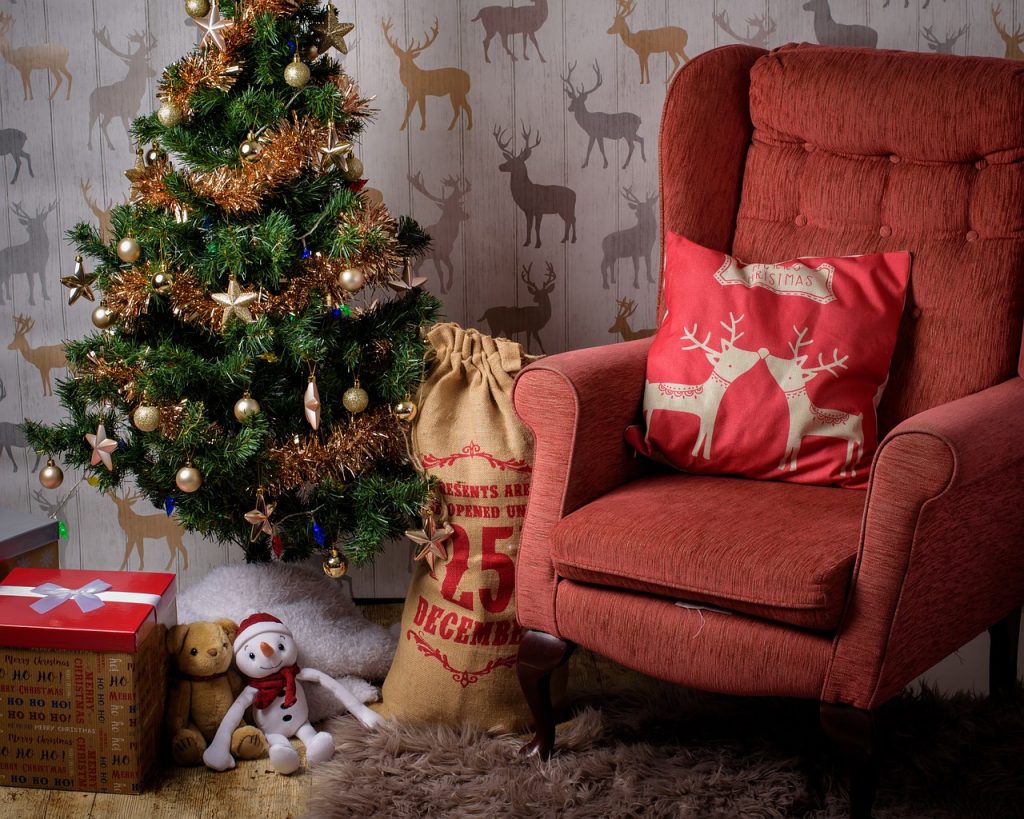
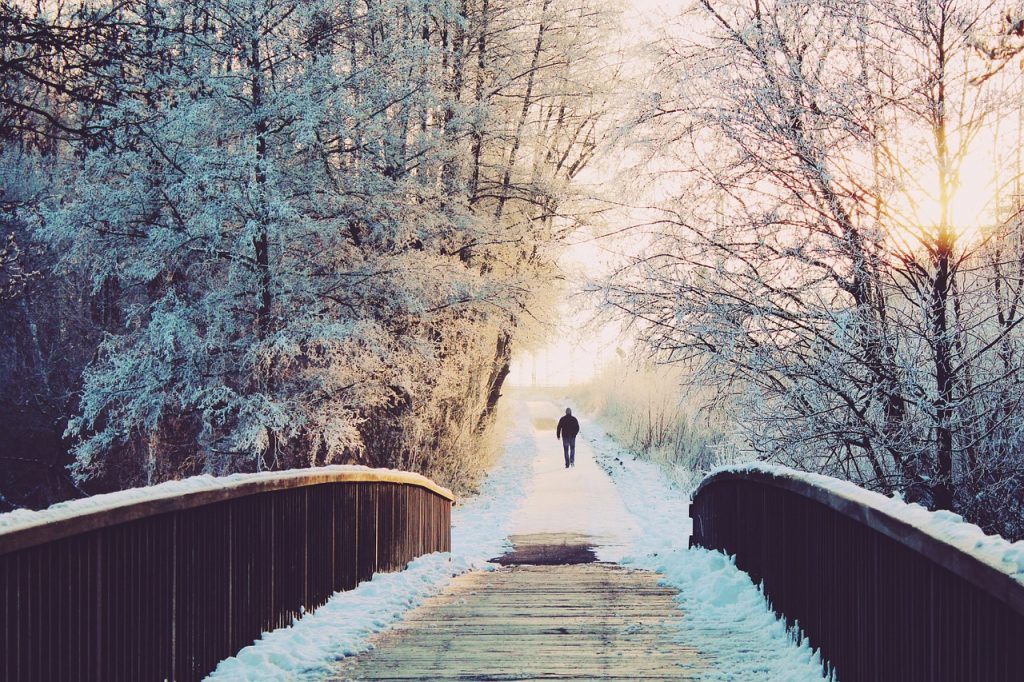

Comments:
Allan Mahnke:
Great post! Can you explain why the holiday itself is sometimes singular (Weihnachtsfest) but generally it is used as a plural (frohe Weihnachten!)? This has always puzzled me.
mjk63:
Constanze,
This is brilliant! Frohe Weihnachten!
Constanze:
@mjk63 Thank you! Glad you enjoyed it! Happy new year.
Joseph T Madawela:
thank you for all thr great posyts and have a great christmas and happy new year, hope you do a post on Bayreuth
Constanze:
@Joseph T Madawela Thanks, Joseph! Happy new year
Donald S Modaro:
Außergewöhnlich Artikel! Danke.
Mary Collins-Bastian:
Please! Send Only more Advanced German Texts to me!